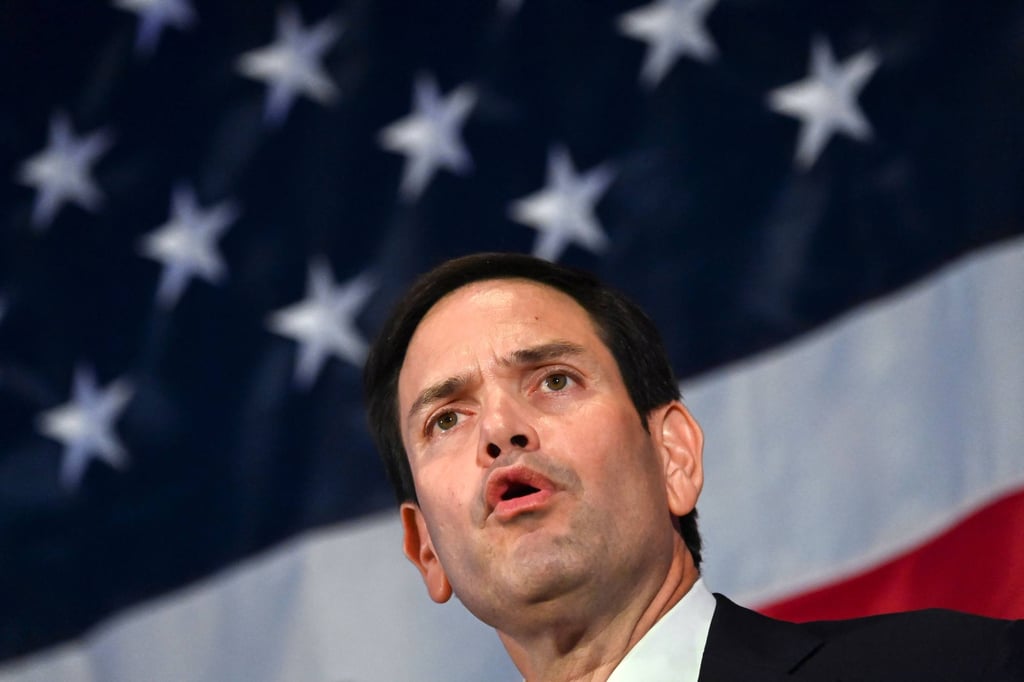US lawmakers ask Antony Blinken not to invite sanctioned Hong Kong leader John Lee to Apec
- The Biden administration can waive sanctions on Lee to allow him to attend the San Francisco summit in November, which it has said it will do
- A bipartisan group of US lawmakers is urging the State Department to bar Lee from entering the country

Four US lawmakers are urging Secretary of State Antony Blinken to review the decision to invite Hong Kong chief executive John Lee Ka-chiu to the Asia-Pacific Economic Cooperation (Apec) summit in San Francisco in November.
The national security law was imposed by Beijing in 2020, and has been used to expand the scope of persecution of the press, human rights and democracy activists in Hong Kong, critics say. Washington responded by adding Lee to a list of 11 people sanctioned for their role in “undermining the autonomy, restricting the freedom of expression or assembly of Hong Kong citizens”. He can now enter the US only by receiving a State Department waiver.

Debate on the issue has resurfaced as San Francisco prepares to host the Apec summit. Leaders of the bloc’s 21 member economies, including US President Joe Biden, are expected to attend. Hong Kong has been a member since 1991, and Lee has expressed interest in attending this year’s event.
“Apec is an international organisation. It doesn’t belong to any country or economy. According to Apec’s rules and conventions, the organiser has the responsibility to invite members to attend … It is up to the organiser to act in accordance with these conventions,” Lee said last week.
The State Department has said the decision will be made “in accordance with US laws and regulations, and on the basis of the spirit and principles of Apec”.
In a letter sent to the Senate Foreign Relations Committee after February, Deputy Secretary of State Wendy Sherman wrote: “The United States plans to invite Hong Kong Chief Executive John Lee to attend Apec. As the host, we believe it is important to foster regional economic dialogue and for the United States and the PRC to work together to maintain global macroeconomic stability.”